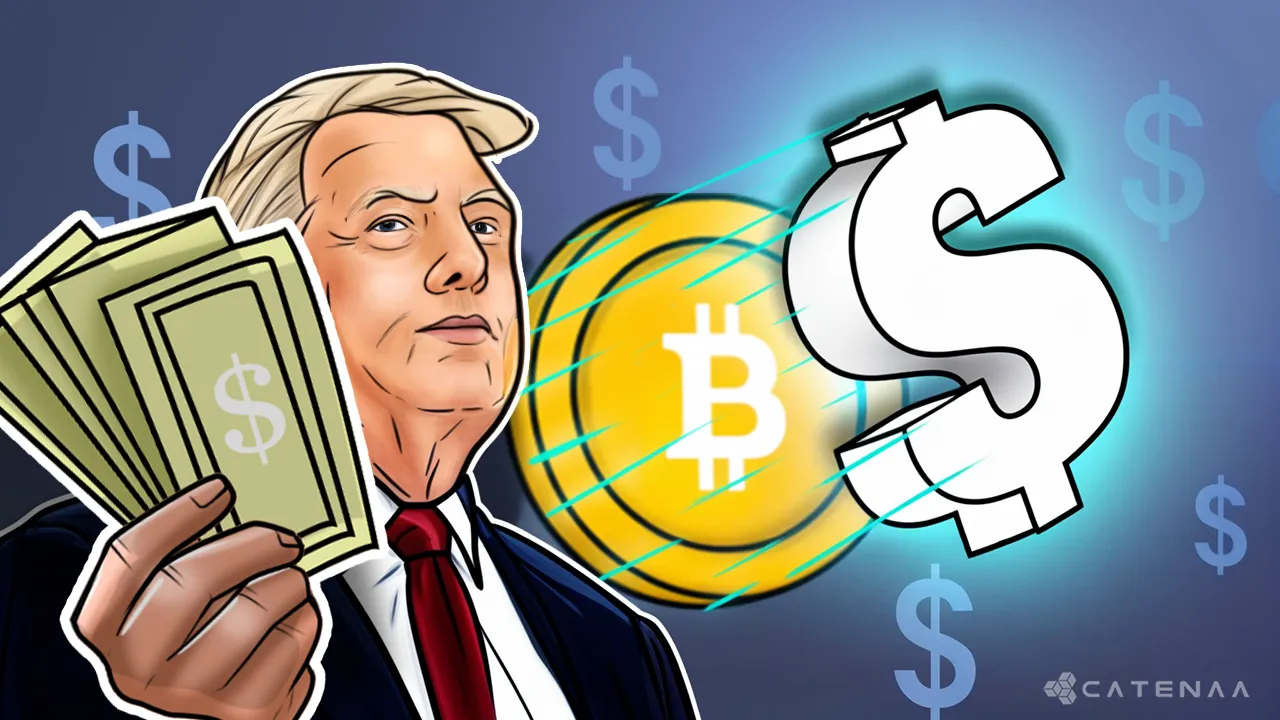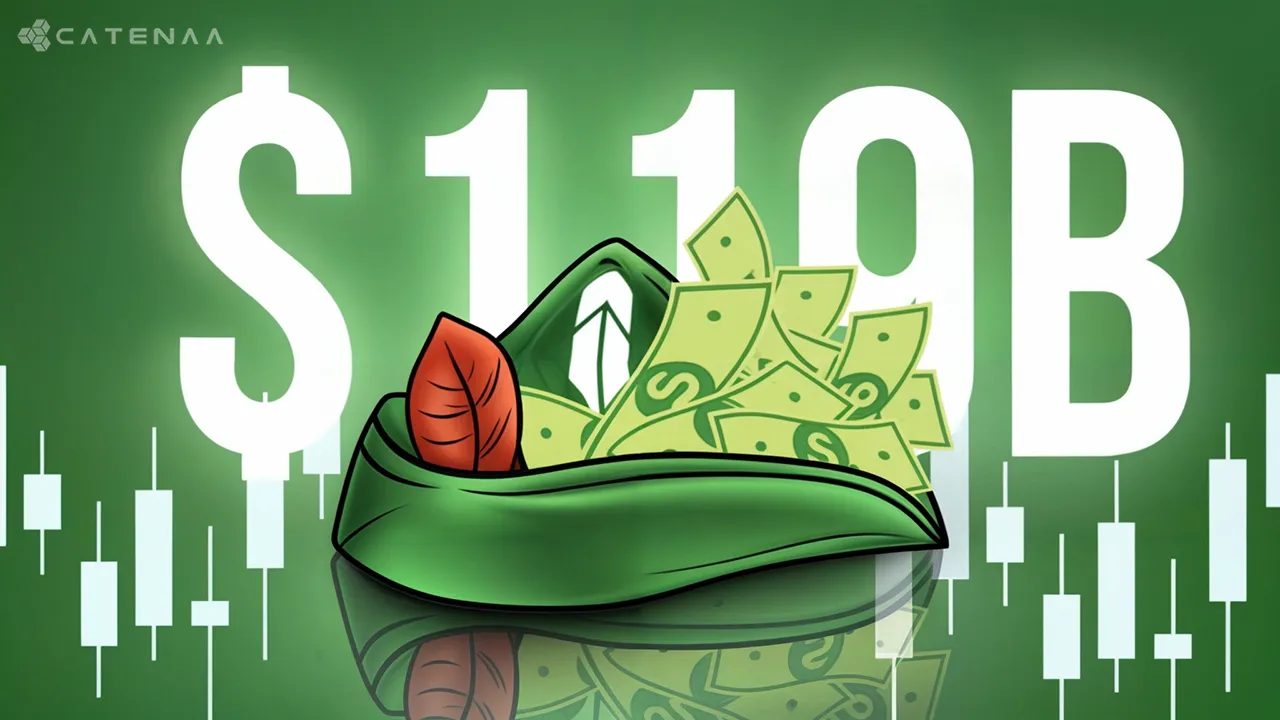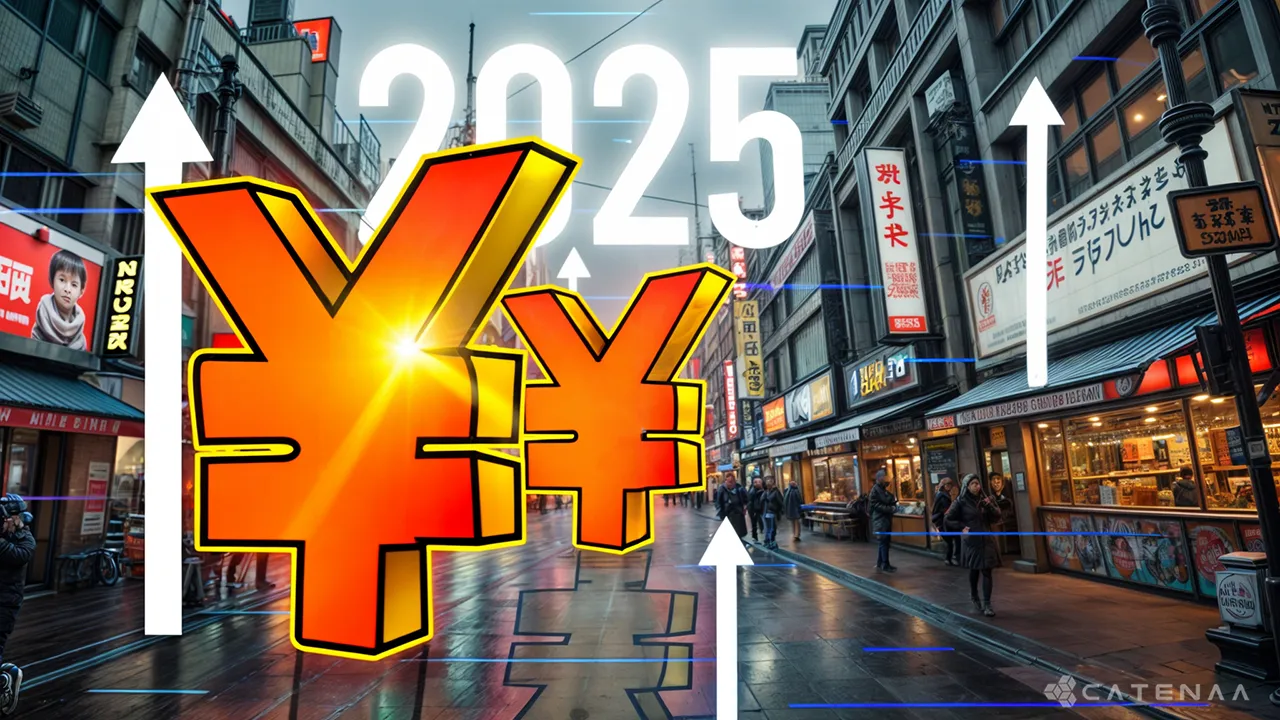Catenaa, Thursday, December 26, 2024 – President-elect Donald Trump has announced plans to establish a massive US bitcoin strategic reserve, aiming to strengthen the dollar and neutralize the nation’s $36 trillion debt, according to a proposal championed by MicroStrategy founder Michael Saylor.
The proposal envisions generating up to $81 trillion in wealth through a federal bitcoin reserve while expanding global digital capital markets to $280 trillion, with US investors dominating the sector.
Trump confirmed the initiative last week, citing the potential to rival the strategic oil reserve in bolstering the nation’s economic stability.
Saylor’s framework, shared online, outlines a plan for the US Treasury to accumulate one million bitcoins by purchasing 200,000 annually.
Trump has publicly embraced the concept, reversing his prior skepticism of bitcoin, calling it a cornerstone for a 21st-century digital economy.
The announcement coincides with bitcoin’s surge past $100,000 per coin, driven by increasing demand and market enthusiasm for cryptocurrency under Trump’s leadership. Advocates, including U.S. Senator Cynthia Lummis, argue the reserve could solidify the dollar’s global dominance while creating significant demand for US Treasuries.
MicroStrategy, known for its aggressive bitcoin acquisitions, has seen its market value soar, aligning with the cryptocurrency’s meteoric rise.
Saylor described the initiative as part of a “capital markets renaissance,” predicting the US could lead the expansion of digital asset markets to $590 trillion.
Trump’s bitcoin pivot marks a stark turnaround from his 2021 criticisms, signaling a broader shift in his economic strategy to position the U.S. at the forefront of digital finance.


